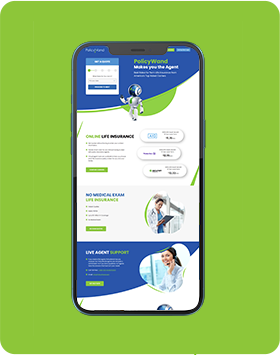Blood Tests, Urine Tests & Medical Exams: The Life Insurance Trifecta
Life insurance is necessary to protect your family. Lab tests and medical exams are necessary to evaluate your risk to an insurance company. If you’re between the ages of 18 and 55 and looking for a plan that provides a benefit of less than $2 million, you may be able to obtain a no-exam policy.
After they provide a life insurance policy quote, insurance companies generally ask for blood and urine samples along with a medical exam.
These companies use third-party medical agencies to perform and evaluate the tests, and someone from the agency will call you to schedule your appointment. You can usually choose to have your exam at home, at work or at an offsite facility.
The tests are free and take no longer than 30 minutes.
The Blood Test
So, what are they looking for?
Insurance companies want to know if you are suffering from any disease or conditions which would shorten your lifespan. Blood tests reveal them. And most require fasting for between 8 and 12 hours. Diseases a blood test screens for include:
• Heart disease
• Liver disease
• Diabetes
• Cancer
• Inflammatory conditions
• Sexually transmitted diseases
• HIV or AIDS
• Drug use (prescription as well as recreational)
• Harmful conditions caused by smoking
They also want to confirm the information you provided on your application.
The Urine Test
Some diseases a urine test can reveal overlap with those a blood panel scans for. These include:
• Kidney disease
• Diabetes
• Liver disease
• Drug use (prescription and recreational)
And:
• Metabolic conditions
• Blood clots
The Medical Exam
During your medical exam the health professional will ask about:
• Your general health during the past five years
• Your family members’ medical histories
• Your lifestyle, including what you do for a living, your hobbies, and habits such as smoking, drinking and drug use
• Prescriptions and dosages
They will also measure your height, weight and blood pressure.
The Don’t Lie Policy
Insurance companies don’t just rely on the results their 3rd-party companies provide. They also depend on information obtained from the Medical Insurance Bureau to assess fraudulent behavior. The bureau collects data about your prior health and other insurance policies you’ve applied for.
Best advice: Don’t provide more information than required. The insurance company can always ask additional questions if they need to. If you have a condition you think may disqualify you, don’t assume the worst. Speak to an insurance agent and see what your options are. You may be surprised.







